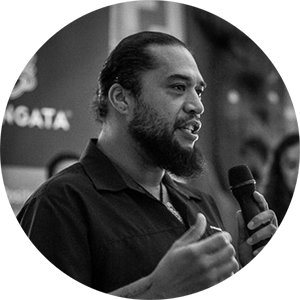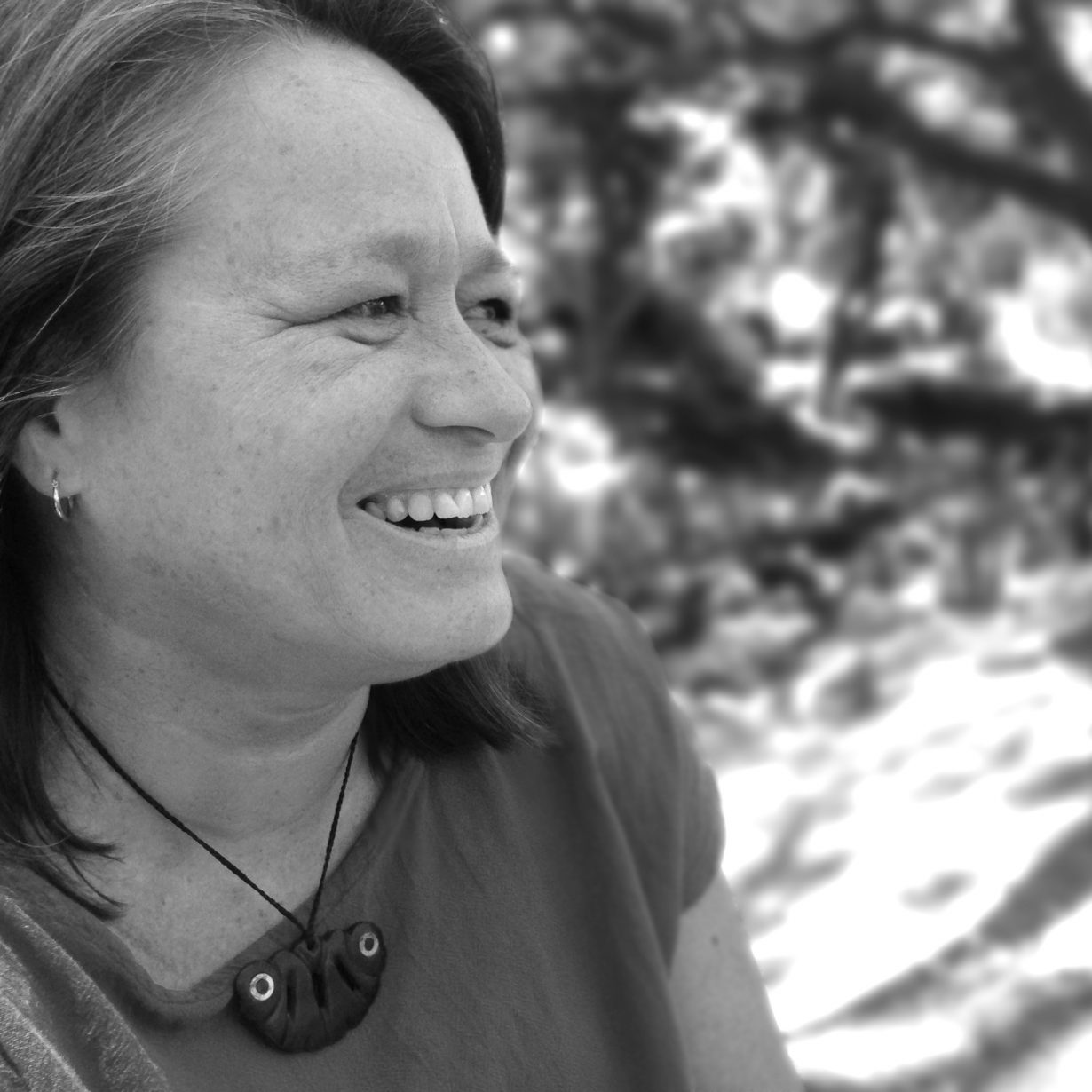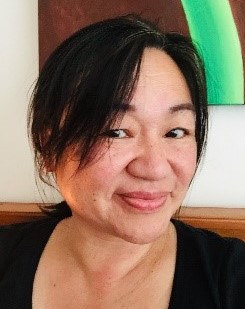How and in what ways can indigenous evaluators and indigenous communities draw upon traditional knowledge to guide evaluation theory and practice?
In this webinar, experienced evaluator Kataraina Pipi (Ngati Porou, Ngati Hine) will host four indigenous keynote speakers from the Mā Te Rae Indigenous Peoples’ Conference on Evaluation. Join Kataraina, along with Paora Messiah Te Hurihanganui (Ngāti Rangiwewehi Te Arawa, Ngāti Awa and Ngāti Tūwharetoa), Dr Manulani Aluli Meyer and Richard Weston to hear their whakaaro on this important kaupapa.
In this webinar you will learn:
- The purpose of Mā Te Rae and the work they do.
- The role of traditional knowledge in the evaluation process.
- The importance of cultural paradigms in evaluation and research.
Resources
- Smith, Linda Tuhiwai, 1950-. (1999). Decolonizing methodologies : research and indigenous peoples. London ; New York : Dunedin : New York :Zed Books ; University of Otago Press ; distributed in the USA exclusively by St Martin’s Press
- Wilson, S. (2008). Research is ceremony: Indigenous research methods. Black Point, N.S: Fernwood Publishing.
- Mertens, D.M., Cram, F. & Chilisa, B.(2013) (Eds.) Indigenous pathways into social research – Voices of a new generation. Walnut Creek, CA: Left Coast Press.
- Continuing the journey to reposition culture and cultural context in evaluation theory and practice. For the Evaluation and Society Book Series. Charlotte, NC: Information Age Publishing. pp.313-334.
- Cram, F., LaFrance, J. & Tibbetts, K. (2018). Editors’ notes: A stepping stone in Indigenous evaluation. Indigenous Evaluation. New Directions for Evaluation, 159, 7-16
- Cram, F. & Mertens, D.M. (2016). Negotiating solidarity between Indigenous and transformative paradigms in evaluation. Evaluation Matters – He Take Tō Te Aromatawai, 2, 161-189.




